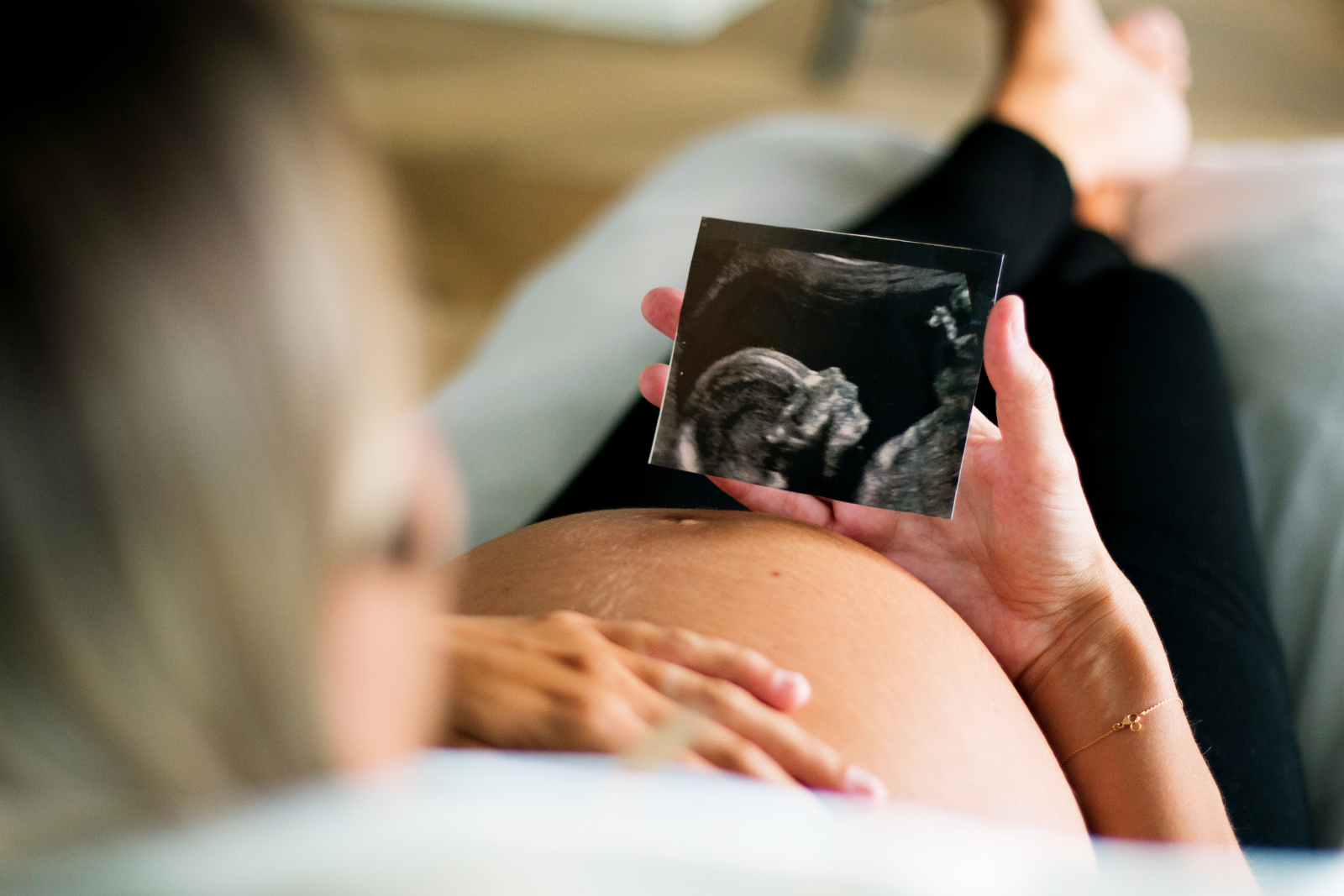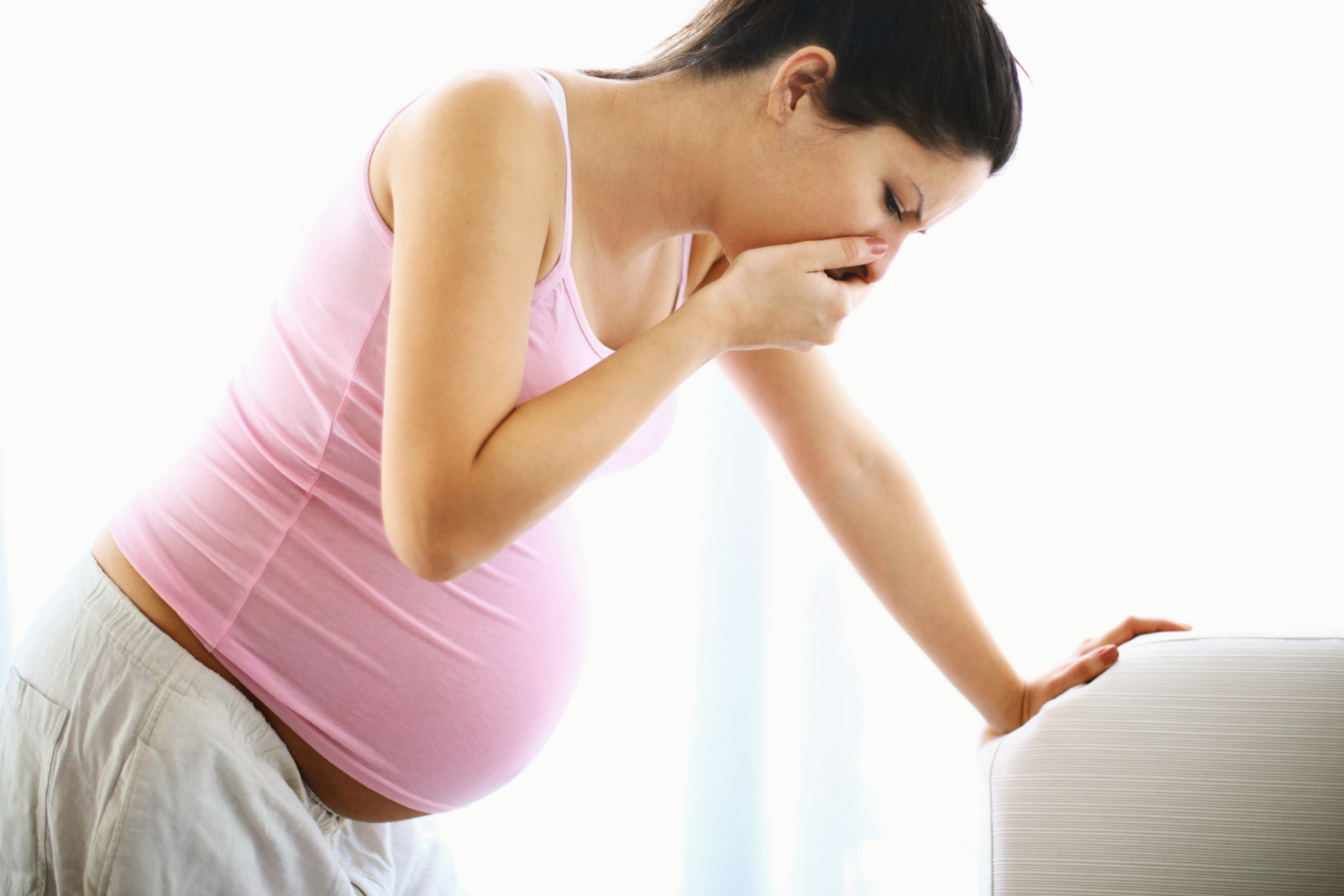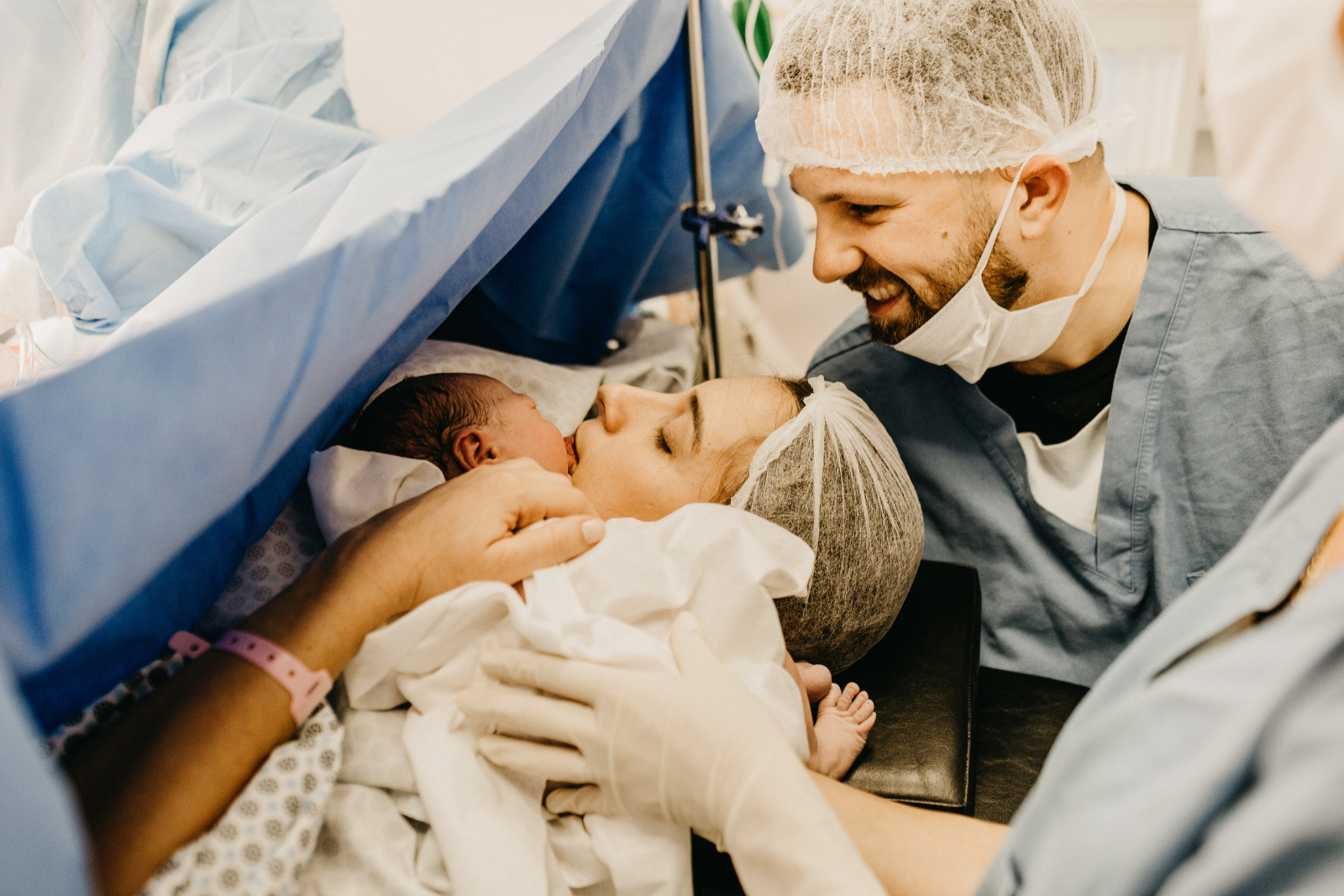There’s a lot of talk about whether you need to give up your daily cup of coffee when pregnant. You may be happy to hear that you don't have to give up caffeine - BUT - you may want to cut down. If you have too much caffeine, there is a chance your baby could have a lower birth weight.
The current recommendation is that pregnant women have no more than 200mg of caffeine a day. This is equivalent to two mugs of instant coffee, four cups of medium-strength tea or hot chocolate.
Caffeine can be found in coffee, tea, colas and chocolate. Some over-the-counter drugs, including headache and cold tablets, stay-awake medications, and allergy remedies also contain caffeine. Always seek your pharmacist's advice before you buy over-the-counter remedies, don't forget to mention that you are pregnant.
Even the amount of caffeine in coffee and tea can vary widely depending on whether the coffee grounds or tea leaves are brewed or instant, weak or strong. Colas and other drinks vary in caffeine content, too.
The list below shows the average caffeine amounts in some common foods and beverages.
1 mug of instant coffee = 100mg
1 cup of instant coffee = 75mg
1 cup of brewed coffee = 100mg to 350mg, depending on beans and how it is made
1 cup of tea = 50mg
1 can of cola = 40mg
1 can of "energy" drink = 80mg
1 x 50g bar of plain chocolate = up to 50mg
Keep in mind that the caffeine content of espressos, and coffees based on espressos, such as cappuccinos and lattes, can depend on the outlet. One study found that caffeine levels can range from 50mg per espresso at one chain to as much as 300mg per espresso in another.
To reduce the caffeine in homemade hot beverages, brew them for a shorter time. If you love a soothing cup of Earl Grey, steeping your tea bag for just one minute instead of five reduces the caffeine by as much as half. Many tea companies now offer decaffeinated black or green teas.
If coffee fills an emotional need, such as your private coffee break, an early morning ritual or the perfect end to a meal, you could switch to a cup of decaffeinated coffee or tea. If you're hankering for an ice-cold cola, reach for the caffeine-free version at least some of the time or, better yet, try a glass of mineral water with a dash of lime cordial.
Need more advice or information? Call POGS on (08) 6270 0123 or email: reception@pogs.com.au if you need to make an appointment.
















